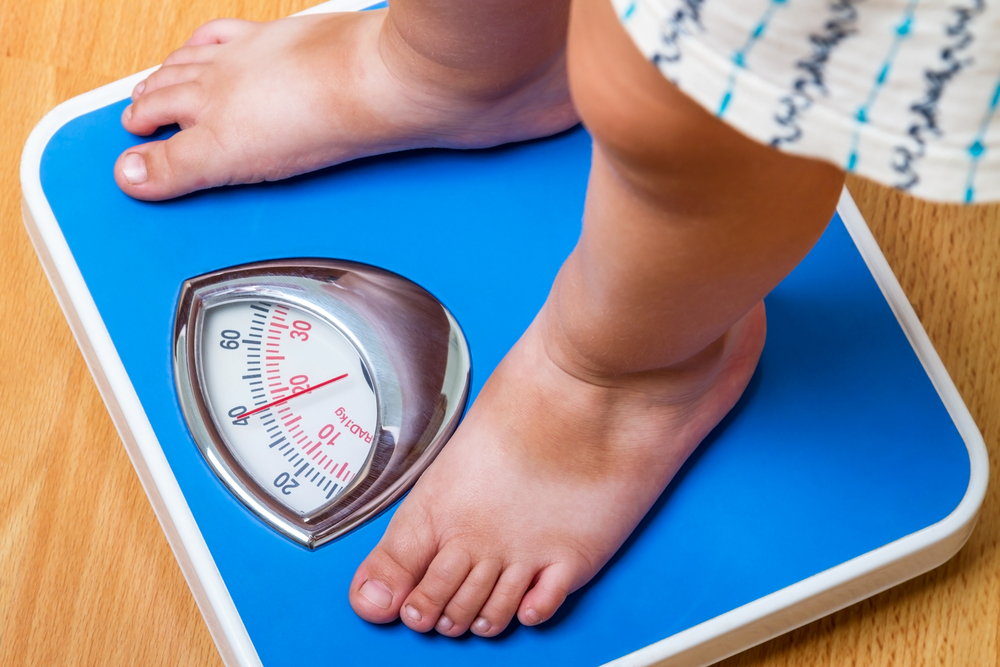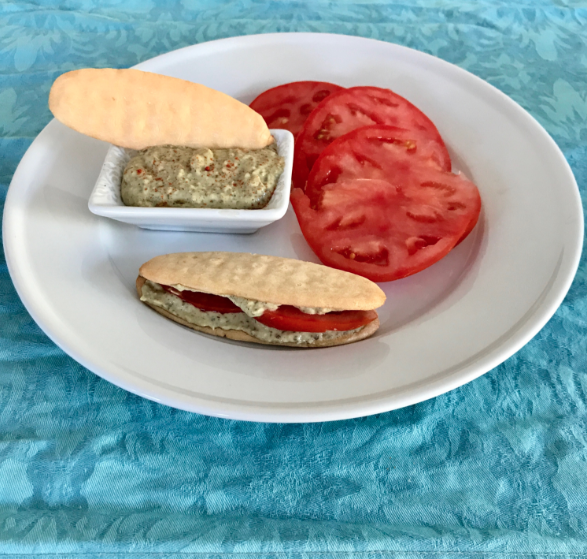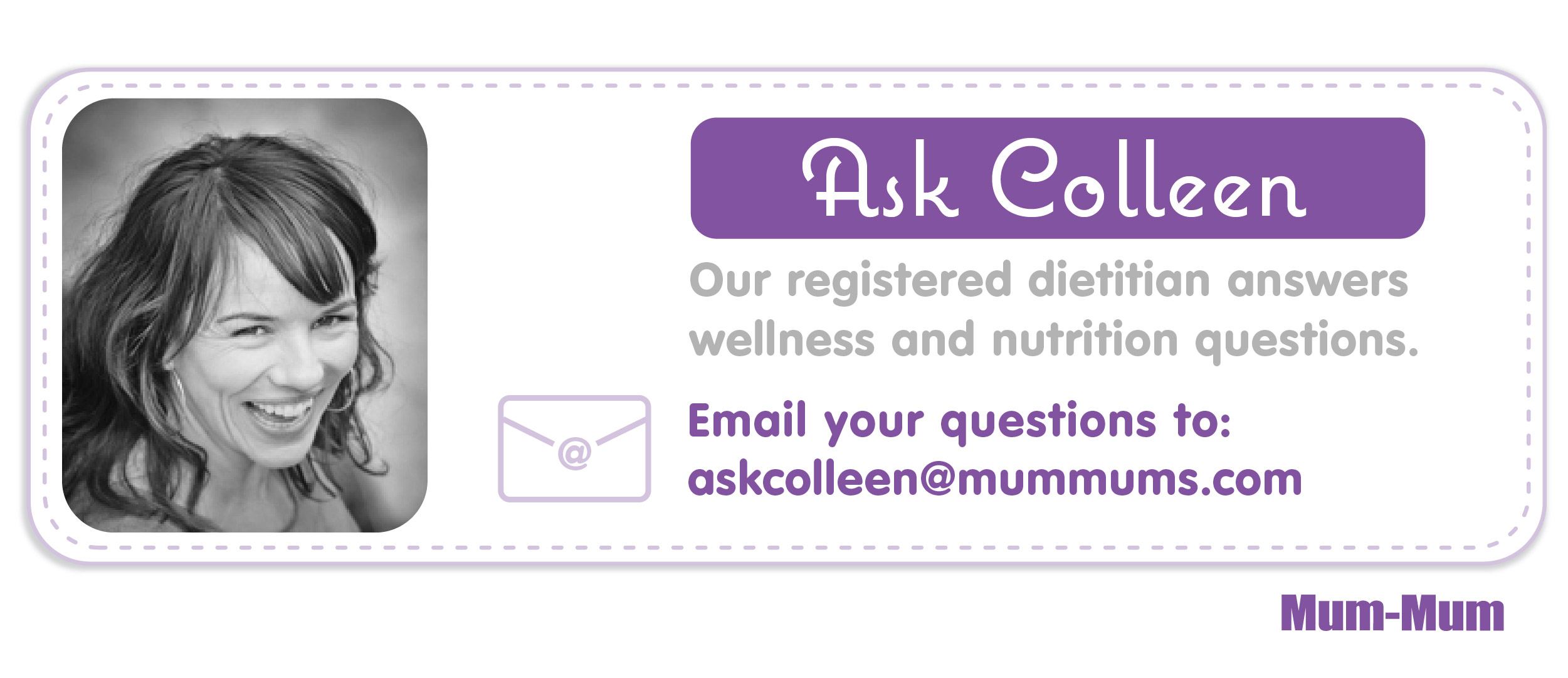We’ve recently gotten several questions on our ask the expert as to what to do when you feel your toddler is overweight, is in a high percentile on the growth charts for height and weight, or developing unhealthy eating habits. Mum Mum’s registered dietitian offers some answers.
Growth Variations
When your doctor says your child is in the 95% percentile for weight, it can be alarming. It is important to understand that every child is different, and grows at their own pace. A lot of kids grow out before getting taller and that is ok. It also has a lot to do with parental stature as well which can often skew those percentile plots for height and weight. As long as your child is steadily growing and there are no drastic dips or increases in their growth chart – which should be discussed with your doctor- then your child is just fine.
No Need to Diet
Young children do not need to go on a diet as caloric restriction for children is not recommended. There may be some unique cases but those should be handled by your doctor. Children are growing rapidly and have high nutrient needs, and restricting foods could leave out some of the important nutrients needed for healthy brain development as well as strong bones and teeth. Make sure the foundation of the family diet is filled with whole grain, legumes, lean protein, and of course – plenty of fruits and vegetables. Avoid empty calorie foods like chips, sodas, cakes and cookies – these provide a lot of calories but no nutrition.
Eating Habits
Some mum’s expressed concern about their toddler’s constant requests for snacks, that they may indeed be eating too much, or may be too focused on food. Keep in mind around 2 years of age, toddlers start to express some power struggles and assert their independence; and food can become a big part of their power play whether it’s refusing to eat, eating too much, or too little- especially if they see you reacting to it. Here are some more additional tips for instilling healthy eating habits:

- Monitor your own behavior: Kids learn by watching you, and how you respond to their efforts to assert independence. If you overreact, comment that they are eating too much or talking too much about food that will only make the situation worse. Let them model your own healthy eating habits.
- Be mindful of the words you use around your little one: Putting too much emphasis on weight and eating can have the opposite effect creating an unhealthy relationship with food or poor self-esteem. They are perfect just the way they are!
- Offer a ‘green light’ food: Just like adults, kids may want more of heavier or sweet foods. Offer a ‘green light’ food with every meal like a fruit or veggies. If your child is asking for more food, offer them more fruits or veggies – which they will eat if they are truly hungry. Saying “I’m hungry” for dessert or more potato chips after dinner doesn’t necessarily mean they are hungry.
- Change the environment: If you’ve finished your meal, and your child is wondering what food is next when they’ve had plenty to eat, get a change of scene by playing a game or taking a walk. If they’re wondering what’s for dinner while they’re eating lunch, try changing the subject. Kids sometimes eat out of boredom just like adults.
- Get them involved: Sometimes it is simply a matter of your child wanting to spend time with you – even if it’s in the kitchen. Take them grocery shopping, and let them help you prepare a meal which will foster a healthy relationship with food and offer some quality time together.
- Watch fluids: Avoid sugary drinks, limit fruit juice, and avoid too many liquids before or during mealtimes as this can fill up tiny tummies with fluids and not the nutrient rich food you are serving.
- Understand: Understand there may be growth spurts where your child is hungrier than usual, or is simply going through a phase.









Be the first to comment